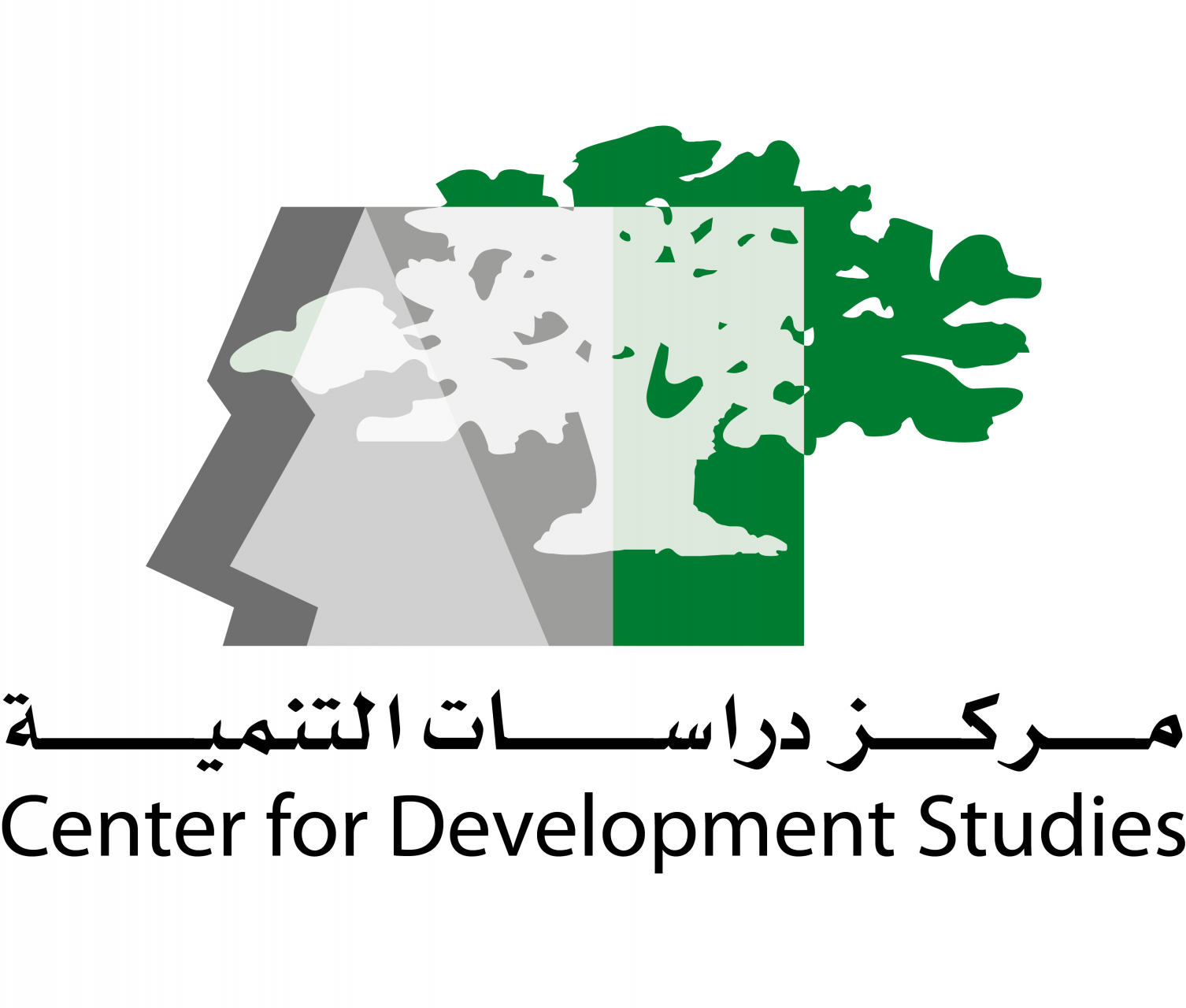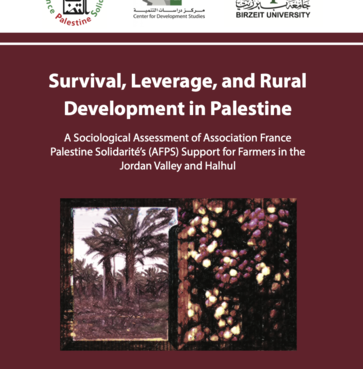This book comprises a
number of papers that are part of a four-year research program on
“Alternatives to Neo-liberal Development in the Occupied
Palestinian Territory” that was carried out by Birzeit University’s Center
for Development Studies (CDS) with the support from the Rosa Luxemburg
Stiftung Regional Office Palestine (RLS). The idea of this research
project originated in 2010, when the CDS hosted an international
conference on aid interventions in the Occupied Palestinian Territories
(OPT). One crucial theme that the conference could not tackle, was
how to envisage ways forward, define new strategies for dealing with
aid interventions in Palestine and map alternatives to donor driven aid
paradigms and neoliberal approaches to development. The difficulty of
articulating alternatives without first defining particular visions and
new concrete ways of understandings “development, became apparent. As a
result, this research project was articulated to think about what is
required to begin the process of imagining a ‘beyond’ and envisaging new
types of interventions, collaborations, relationships between local and
international actors, and new visions of developments, that move away
from the debilitating effects of the aid regime in Palestine, and the
disenfranchisement caused by neoliberal economic policies. Given this
perspective, the objective of the research project and these studies is to
initiate a critical public dialogue about the rationale behind policy
formulation. The research project and papers attempt to achieve this aim
by creating debate and generating consensus around pressing areas with an
eye towards advancing possibilities for change. In addition, the papers in
this volume explore the ways that developmental alternatives may be
achieved in practice, through the participation of different actors from
the international to the national and local levels.This book, hence, adds to
our knowledge in development through examining the devastating impact of
neo-liberal development policies under colonialism by
exploring how these policies operate to emphasize individualism and separate
the economic from the political under colonial conditions. It provides an
alternative way to think about development and tackle policy
interventions. It also examines how Palestinians have previously contested
colonialism and what lessons can be learned from these past experiences on
the path to rebuild an economic and developmental framework that
reconnects the struggle for autonomous development to national liberation.
Critical Readings of Development Under Colonialism Towards a Political Economy for Liberation in the Occupied Palestinian Territories





Comment here